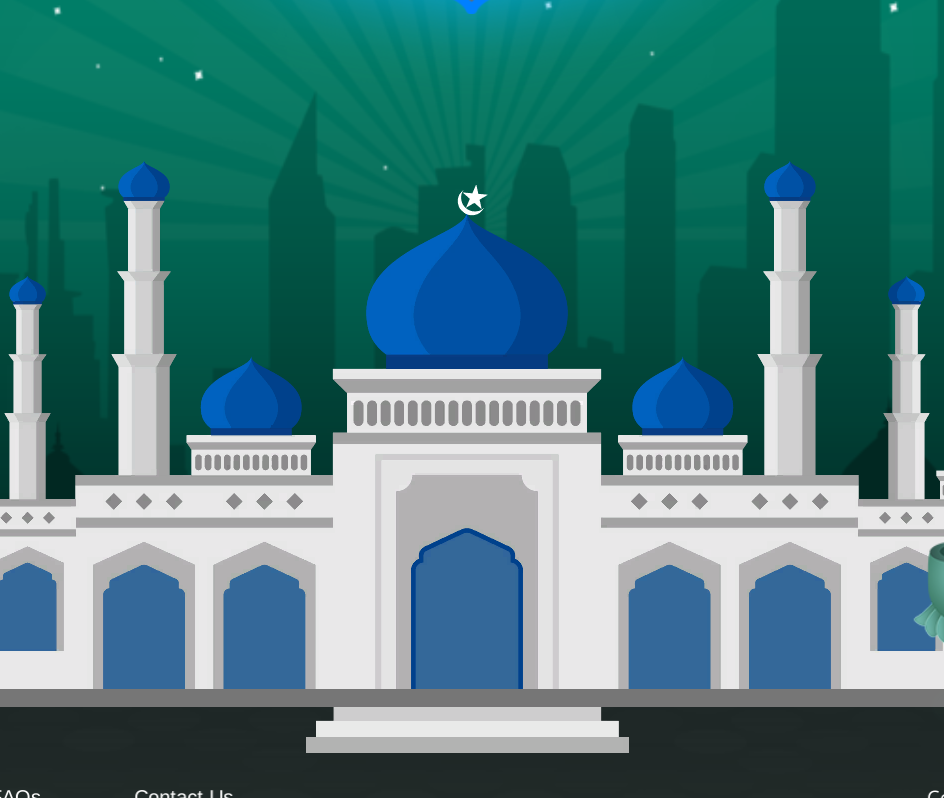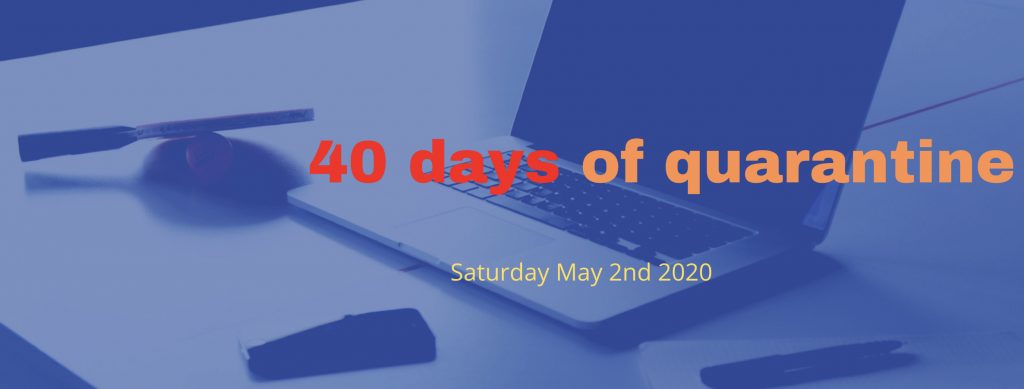
Today, Saturday 2nd May, will be 40 days of lockdown here in the UK – a true quarantine. The word originates from ‘quarentena‘ (40 days) used by Venetians in the 14th century as the Black Death was raging around Europe. This was the number of days designated for ships and passengers to isolate before disembarking. It stems from the classical Latin ‘quadraginta‘, which means 40.
However, they were more than likely influenced by the work of Ibn Sina, the Persian Muslim polymath, (980-1037 CE). In his ‘Canon of Medicine’, he hypothesised that some diseases were spread by micro-organisms and that to prevent spread amongst humans, infected people should isolate for 40 days. He called this method al-Arba’iniya (‘the forty’). With the word translated into the Venetian language and Ibn Sina’s name latinised to Avicenna, it is unsurprisingly that most are still unaware of the extent of the contribution made by the Muslim world to our modern life. Interestingly, the number forty has significance in all three Abrahamic religions. Judaism, Christianity and Islam use it to designate important time periods; Moses* wandered 40 days in the desert, and spent 40 days on Mount Sinai where he received the 10 commandments, Jesus* fasted 40 days and nights, Prophet Muhammad (pbuh) was 40 when he received the first revelation. Many cultures also give importance to 40 days after a death.
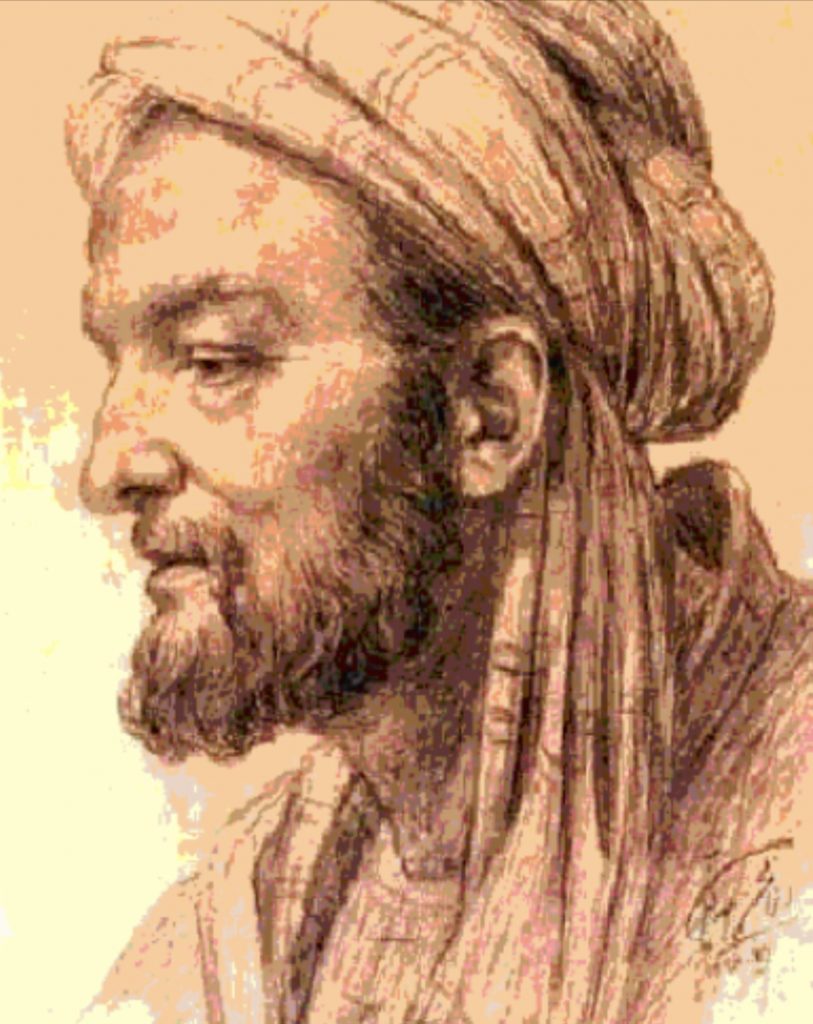
Being quarantined or isolated can be a time of great anxiety and loneliness. A friend’s mother, when told of the stay-at-home orders, commented that loneliness could kill as many people as Covid-19. We all feel the need to connect; many people get their energy from those around them. And whilst the virus may not discriminate in who it attacks, there is no doubt that the consequences are very different depending on circumstances. People who live alone in small flats in urban areas will naturally find it much harder than those with families and gardens or countryside around them to walk in.
On the other hand, isolation can also be productive. Ibn Haytham wrote his book on optics under house arrest, Sir Isaac Newton made key discoveries on gravity whilst sheltering from the plague in 1665. Writing something world changing for those with children at home may well be wishful thinking! E-learning has never been so important and the reason a variation of school continues for many children. As a teacher and founder of ilmspired, an online Islamic Education app, I want children to be able to continue their education but to keep a balance. Having structure is important but young children can’t follow a full school day online. It’s too much screen time and exhausting for parents too. I’m recommending just 10 minutes a day learning through the interactive games on my app for those who want to keep up Islamic education as well as Maths and English. Mental well-being is key at this time. Children will remember how they felt long after they have forgotten what they have learned. One article I read reminded us that instead of worrying that children will fall behind with academics, this slower pace may give them to get ahead with things that matter: empathy, family connection, appreciating nature, key workers in society, not to mention the independence of organising their own space and studies, or the skill of household chores.
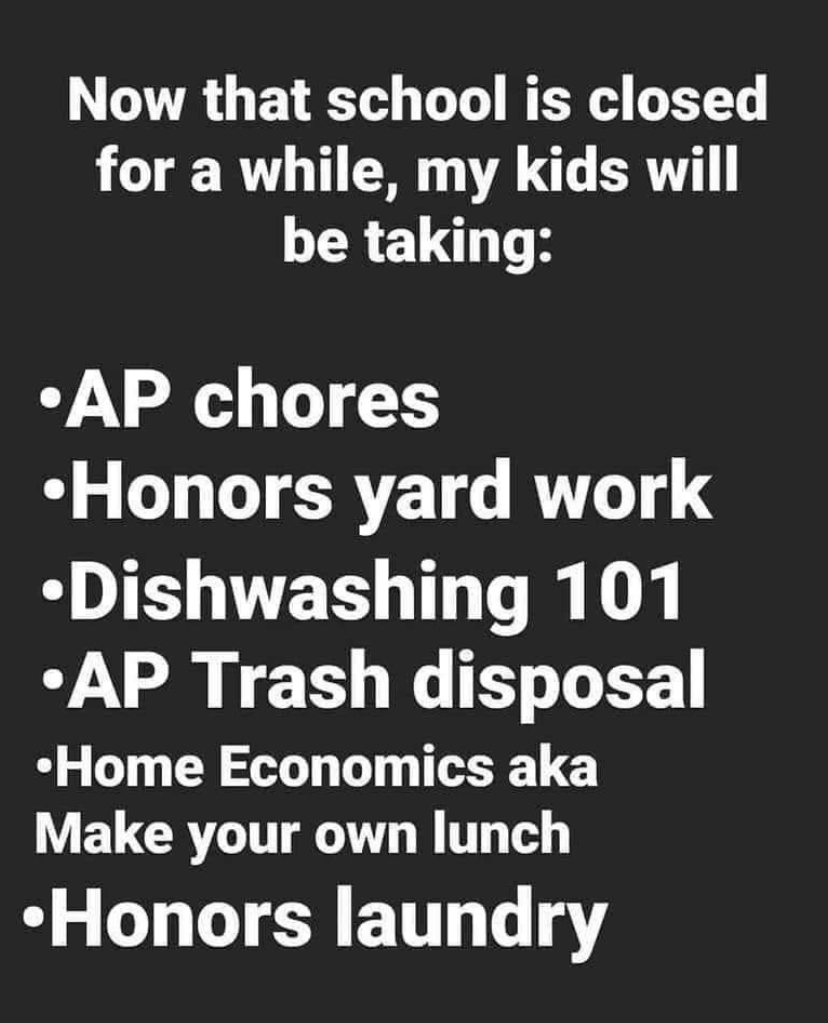
Have we used this time as an opportunity to spend more quality time with family rather than separated in one home because of devices? We can read stories, pray together, study Qur’an, play board games, garden games (if you’re lucky enough to have one), take virtual tours of famous museums, have movie or theatre nights, even write short stories together (This was a big success in my house!) Writing thoughts down in a diary may be cathartic as well as a useful first-hand account in decades to come.
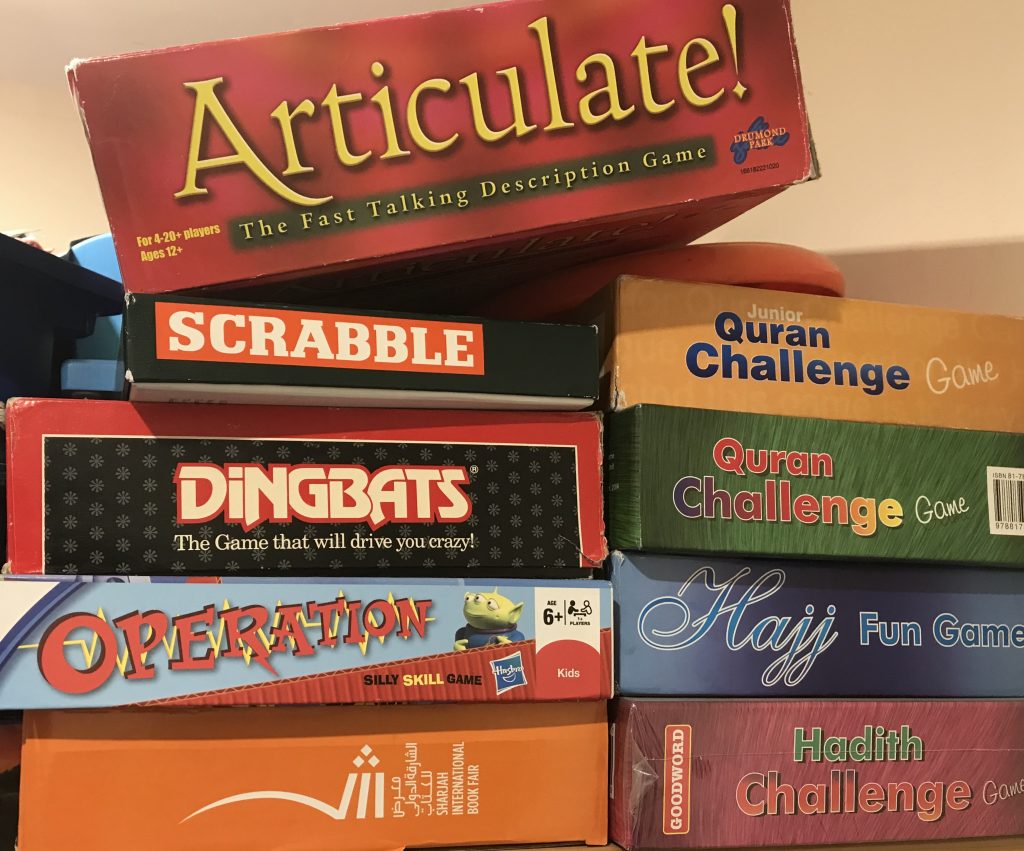
So many people are coming up with creative ways of spending their time that even after 40 days, there are still things to do. Most haven’t quite managed to learn a new language or read the complete works of Shakespeare (yet) but there are great examples of music making, inventive obstacle courses and culinary creations beyond the ubiquitous banana bread! Pre Ramadan, one of my friends, Rameeza, hosted cook alongs on her Facebook page which keeps the children occupied, another – Sofia, had a family ‘Come dine with me’ where each member of the family cooked a meal from ingredients pulled out of a hat and the rest judged them on taste, timing and ambience.
From early on in lockdown, the nation had access to a full celebrity schedule for those with young children, from doing PE with Joe Wicks, Maths with Carol Vorderman, story time with David Walliams, cooking with Jamie, the list goes on. So much so that there is understandably push back by people overwhelmed, who just want the freedom to ‘be’, not have to ‘do’ all the time. Of course, everyone needs to choose what works for them and not feel pressurised – another reason to take a break from social media from time to time.
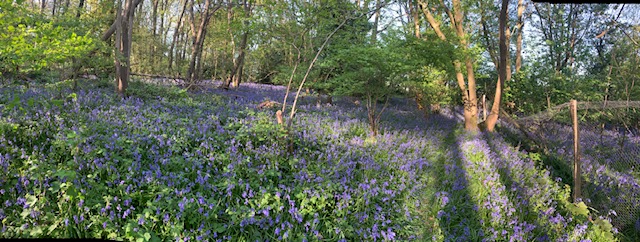
Losing the freedom to be out at any time has made our one hour of outdoor exercise very precious. Everyone has discovered walking and cycling! With the decrease in pollution and traffic, skies seem bluer, bird calls are louder. Having the time to appreciate the wonders of spring and reflect on the beauty of creation is another spiritual reset; a chance to marvel at how extraordinary are the things which we thought ordinary.
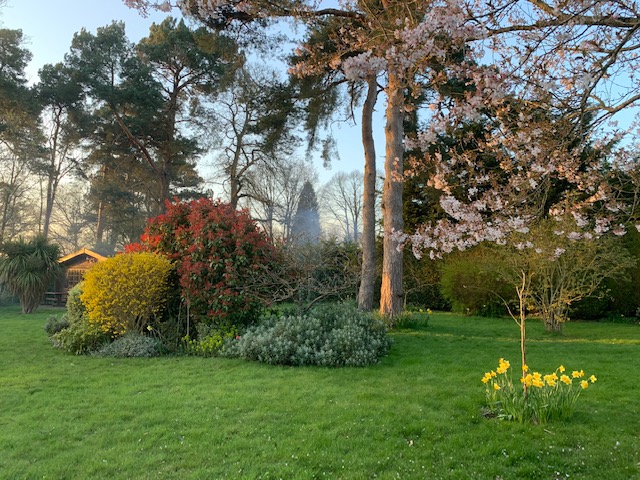
* Peace and blessings be upon them

